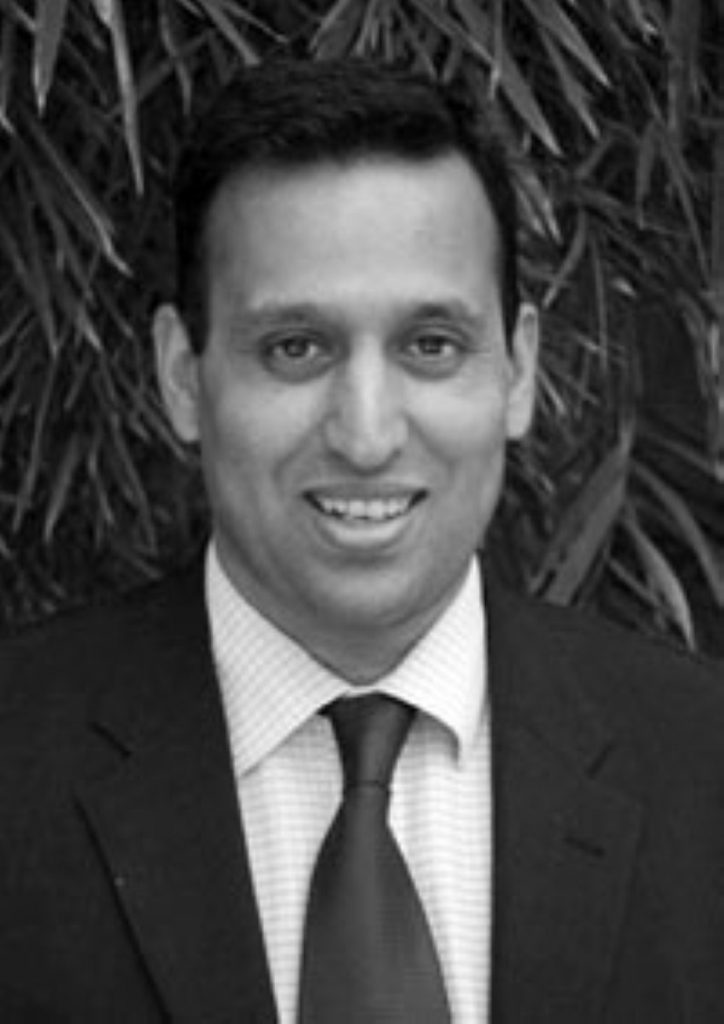Comment: An old threat re-emerges
The events in Norway did not come as a thunderbolt out of nowhere. They are an inevitable consequence of paranoia and hate.
By Ghaffar Hussain
Many were expecting the recent terrorist attacks in Norway to be the latest al-Qaida assault on Europe. Indeed, Sweden had already been targeted and al-Qaida had warned of attacks on European members of the International Security Assistance Force fighting in Afghanistan. But the identity of the culprit forced us to question our assumptions and come to terms with another threat that had never really gone away.
In 2002, the police in Witney, who were investigating a racist graffiti campaign, raided the home of a man called David Tovey. They were expecting to find evidence of his involvement in racist graffiti, but what they found was far more substantial. They discovered a huge arsenal of weapons and explosives, including components for pipe bombs and body armour, and a sketch map showing a mosque and lists of numberplates for cars belonging to black or Asian people.


In 2008, David Gilleard from East Yorkshire was found guilty at Leeds crown court of charges of engaging in conduct in preparation of terrorist acts and collecting information for terrorist purposes. Police found four nail bombs, bladed weapons, bullets, documents about terrorism and extreme right-wing literature when they were searching his flat. Andrew Edis QC, prosecuting, told the jury that one document, in Gilleard's handwriting, suggested he wanted "to save this country from the multi-racial peril he believes it is in".
Similarly in 2009, Neil Lewington was arrested at a train station for abusing a female train conductor. When searched he was found to be carrying the component parts of two viable improvised incendiary devices. A former girlfriend said he spoke of making bombs and asked at which house in her street an Asian family lived. Also in 2009, Marwa Sherbini, a Muslim woman, was stabbed 18 times in a German courtroom by a man who had just been convicted of insulting her religion.
The events in Norway were not a thunderbolt out of nowhere. They are in fact an inevitable consequence of an atmosphere of paranoia and hate that has been created by a number of extremist groups over many years. Such groups, as well as espousing all the usual far-right rhetoric, have increasingly turned their attention to the presence of Muslims in Europe and immigration policies that have allowed Muslims into Europe. Spurred on by preachers such as Geert Wilders and Nick Griffin, these groups have been seeking to portray Muslims as being antithetical to and covertly hostile towards European society and, therefore, posing an existential threat to it. Unfortunately, the words and action of some extremist elements within Muslim communities have helped to encourage this trend.
Whenever and wherever ostensibly non-violent extremist groups begin to operate, violent strands are eventually spawned. Non-violent extremists encourage an atmosphere of hate and division which in turn leads to the demonisation of the 'other'. Within this atmosphere, individuals who feel let down by the non-violent political struggle eventually become frustrated enough to take more radical and direct action. This is often done in the hope that a spectacular terrorist attack will inspire and galvanise others to also take direct action. As the cases highlighted above illustrate, the chances of there being a similar attack in the UK at some stage in the near future are highly likely. A number of mosques and Muslim leaders have already been threatened.
Just as pathways into these strands of extremism are similar, solutions can be similar too. Of course, those who are planning or encouraging acts of terrorism should be dealt with harshly by the law, but those who help to create the atmosphere in which such acts are more likely should also be dealt with. Hate preachers of all kinds need to be challenged, exposed and even ridiculed. Their shallow and fallacious worldview should be publicly scrutinised and their tactics unmasked and countered. However, this requires building a broad coalition of activists who are driven by the desire to live in a society that respects and accommodates diversity – but also promotes values that unite and bind people together.
Ghaffar Hussain is director of training and consultancy at the Quilliam foundation, a counter-extremism thinktank.
The opinions in politics.co.uk's Comment and Analysis section are those of the author and are no reflection of the views of the website or its owners.









